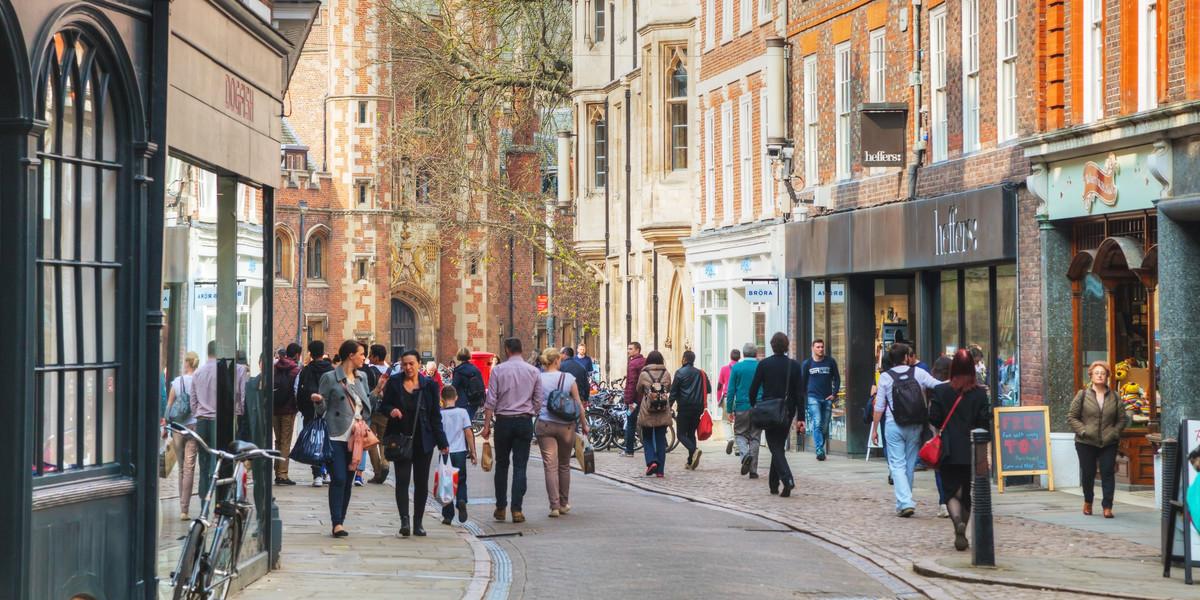High business rates. Consumer habits moving towards online-only. The rise of the digital giants. You could be forgiven for wondering why anyone would bother with a bricks and mortar business given all the challenges the High Street faces at present.
Earlier this week, we ran a blog with four different businesses extolling the virtues of having a predominantly online presence. But at Informi, we’re all about balance. So, here are four businesses who very much feel that there’s still a chance for physical stores and that the High Street can still thrive.

“There is room for online and for the high street.”
Anna Oldbury is a mum of two, and director of Liobites, a Croydon-based business set up in March 2018 to sell healthy natural fruit crisps and smoothie bites. She got the idea for Liobites when her youngest daughter started picking dried fruit out of her cereal.
“My first business was an online store selling hosiery. Despite being small we managed to secure a first page Google page ranking. When you trade online your page ranking is your location. It was going very well until Google changed their algorithms and overnight, we disappeared from the first page. This is how fickle an online presence can be. The marketing costs of selling online can kill small businesses. One could argue that social media can spread the word about your business. Instagram and Twitter followers like your products, images and competitions, but they are not always your typical customers.
“In March 2018 I launched LioBites as a disruptive food brand – a new, unknown product that customers are curious about, but aren’t sure if it will taste any good and need persuasion. The reality of the new, disruptive product is if the customers can’t try it, they will not buy it. We have an online presence and we are doing very well. However, we have invested a lot of time marketing Liobites at events, tasting boxes, and speciality selling events.
“Growing trends such as Veganism and more environmental awareness are attracting people to shop locally in order to support small independent shops. Millennials are shopping with consciousness; they want to know the origin of the product and how it was made. A conversation with the shopkeeper can entice repeat purchases and create that long lost community feel.
“In my opinion, there is room for online and for the high street. The high street requires more effort from the retailers and a more personalised service. Creating loyalty in a retail store can lead to future online purchases. Our future is not about a product but what it represents, and this will define the way we shop.”













